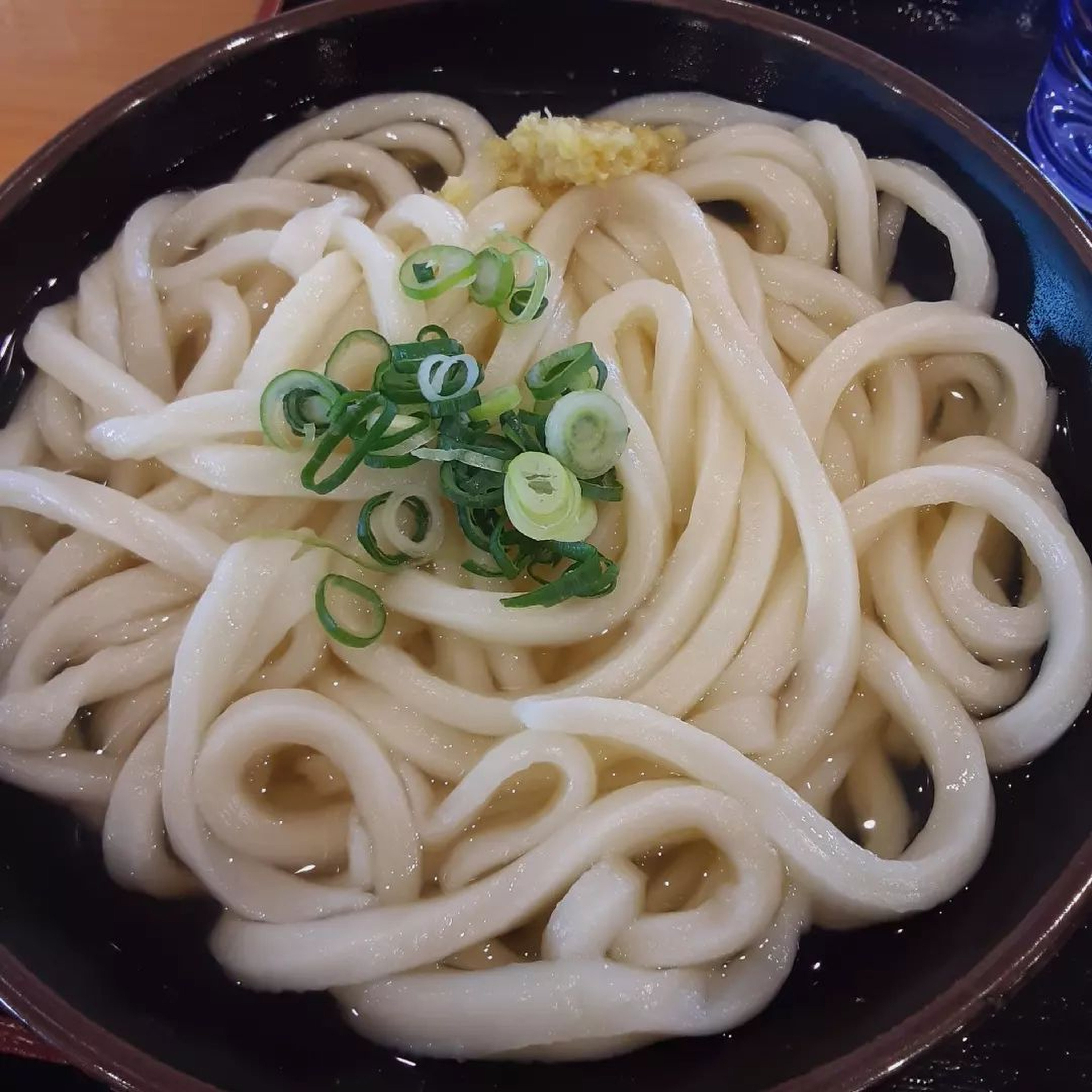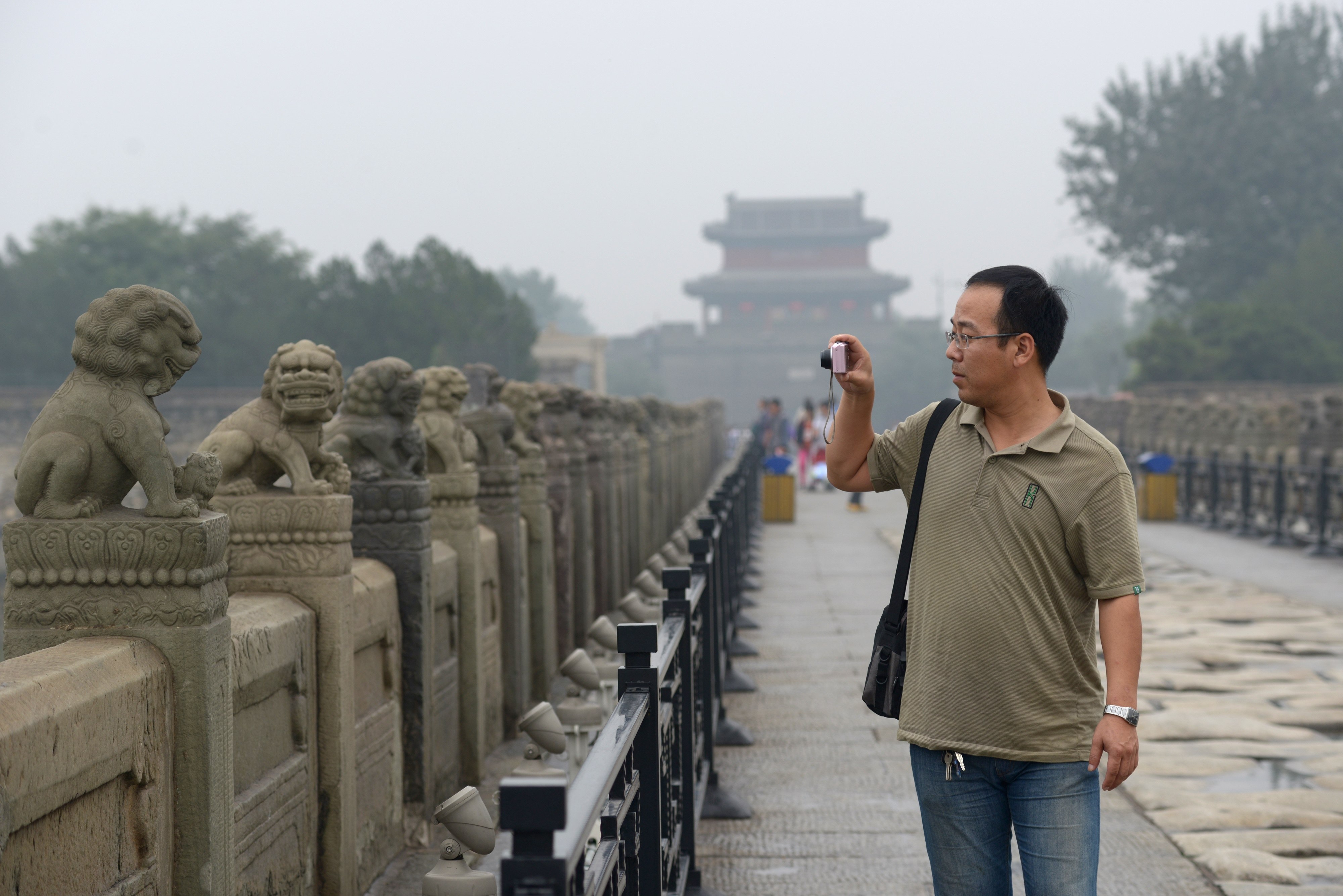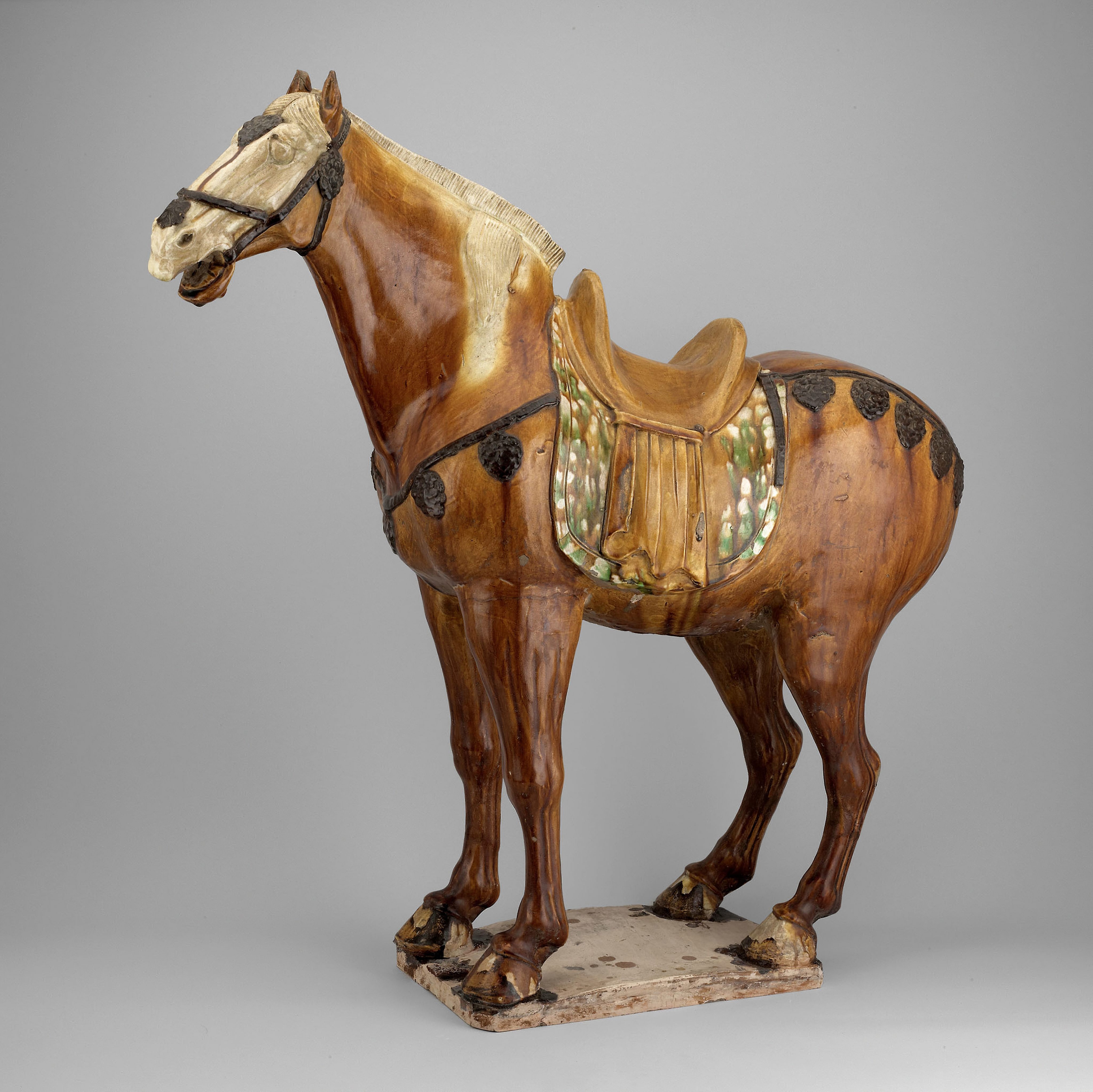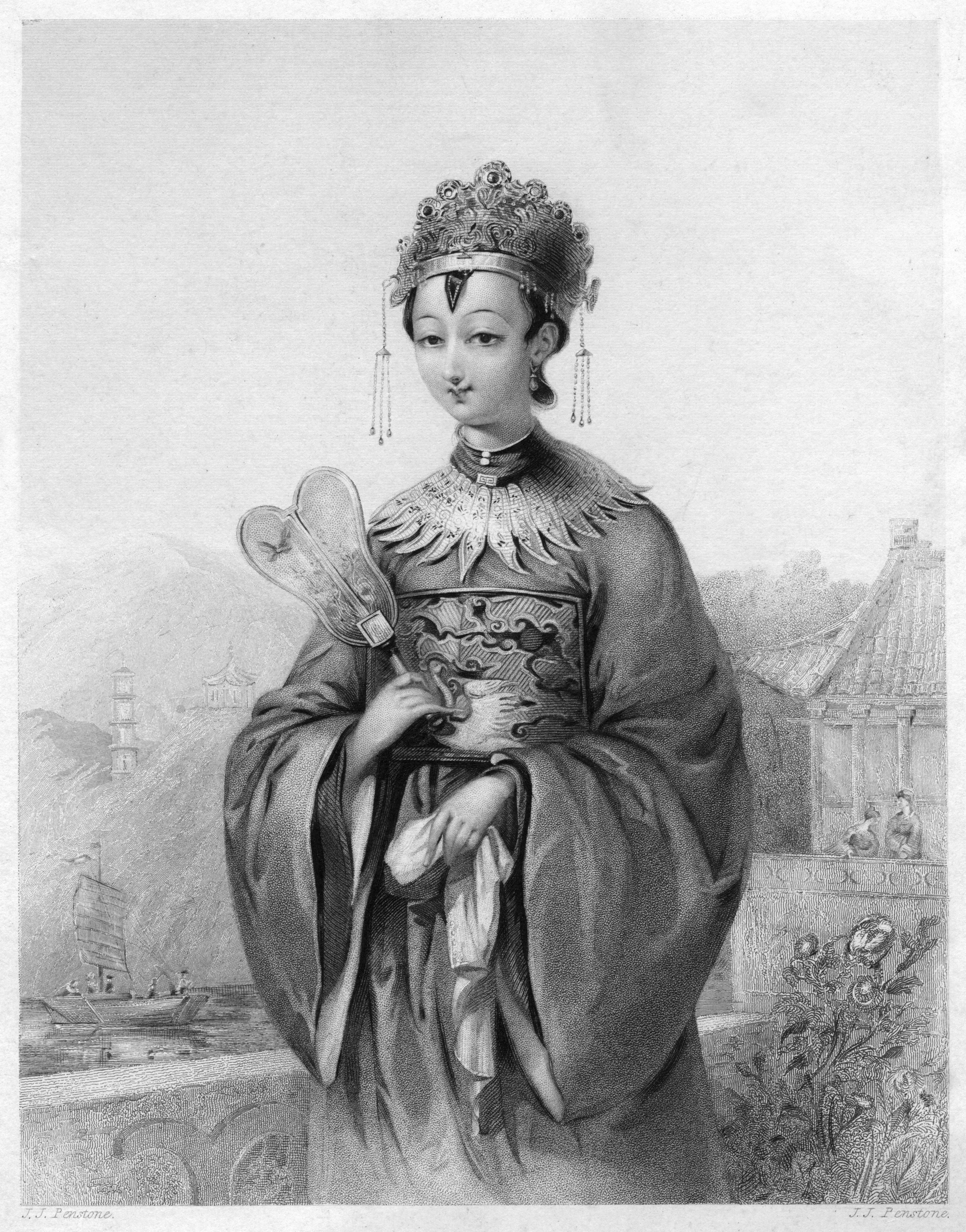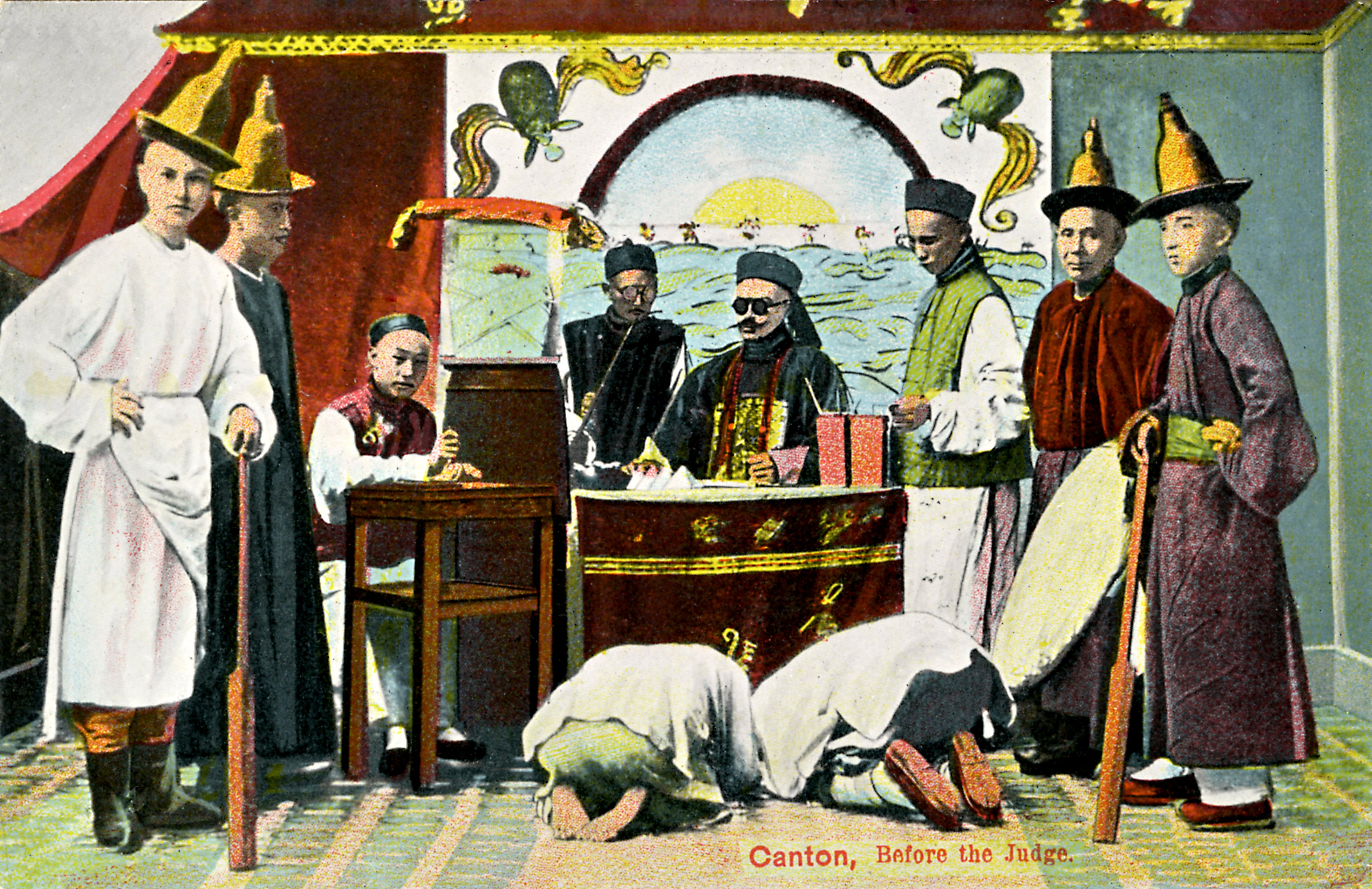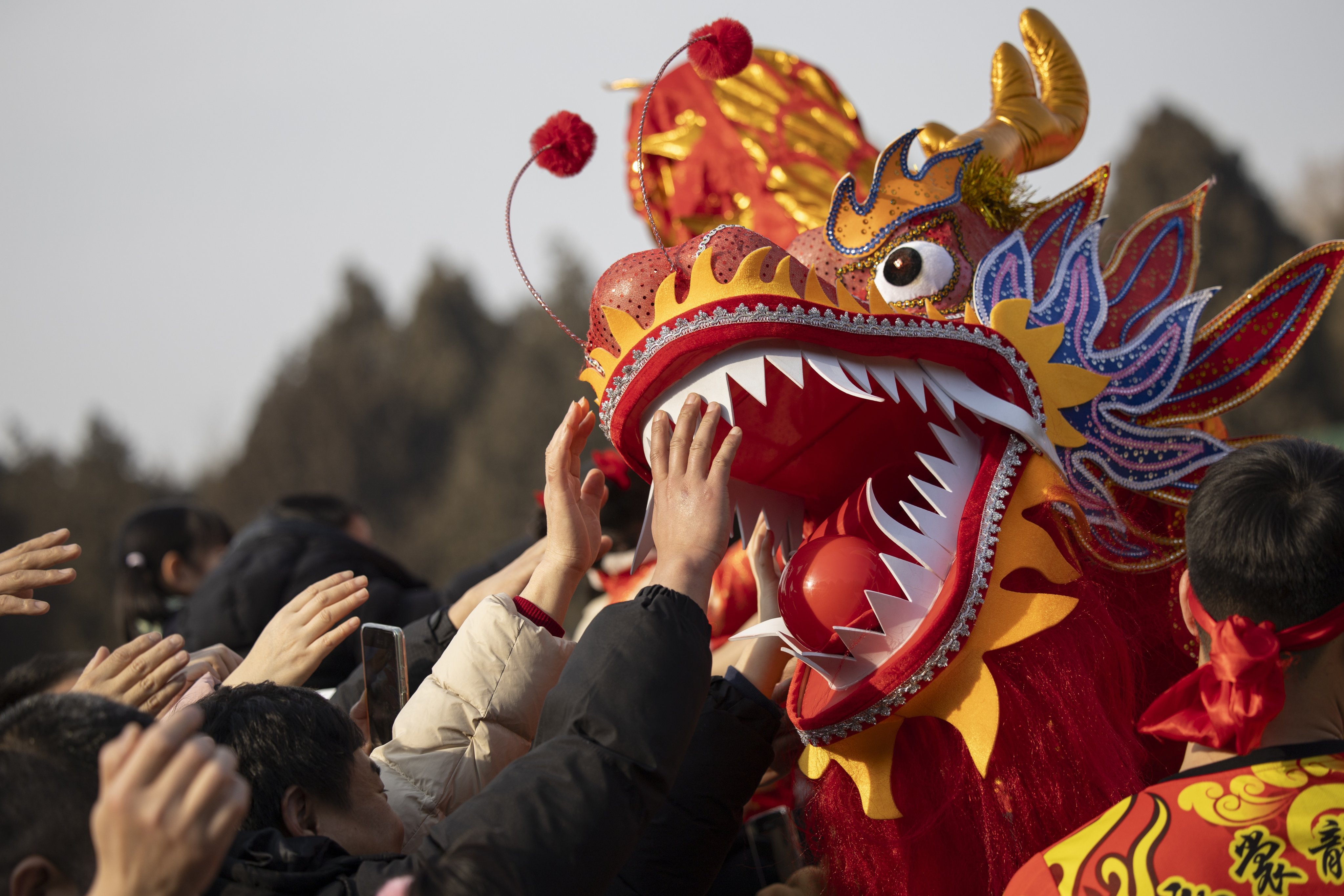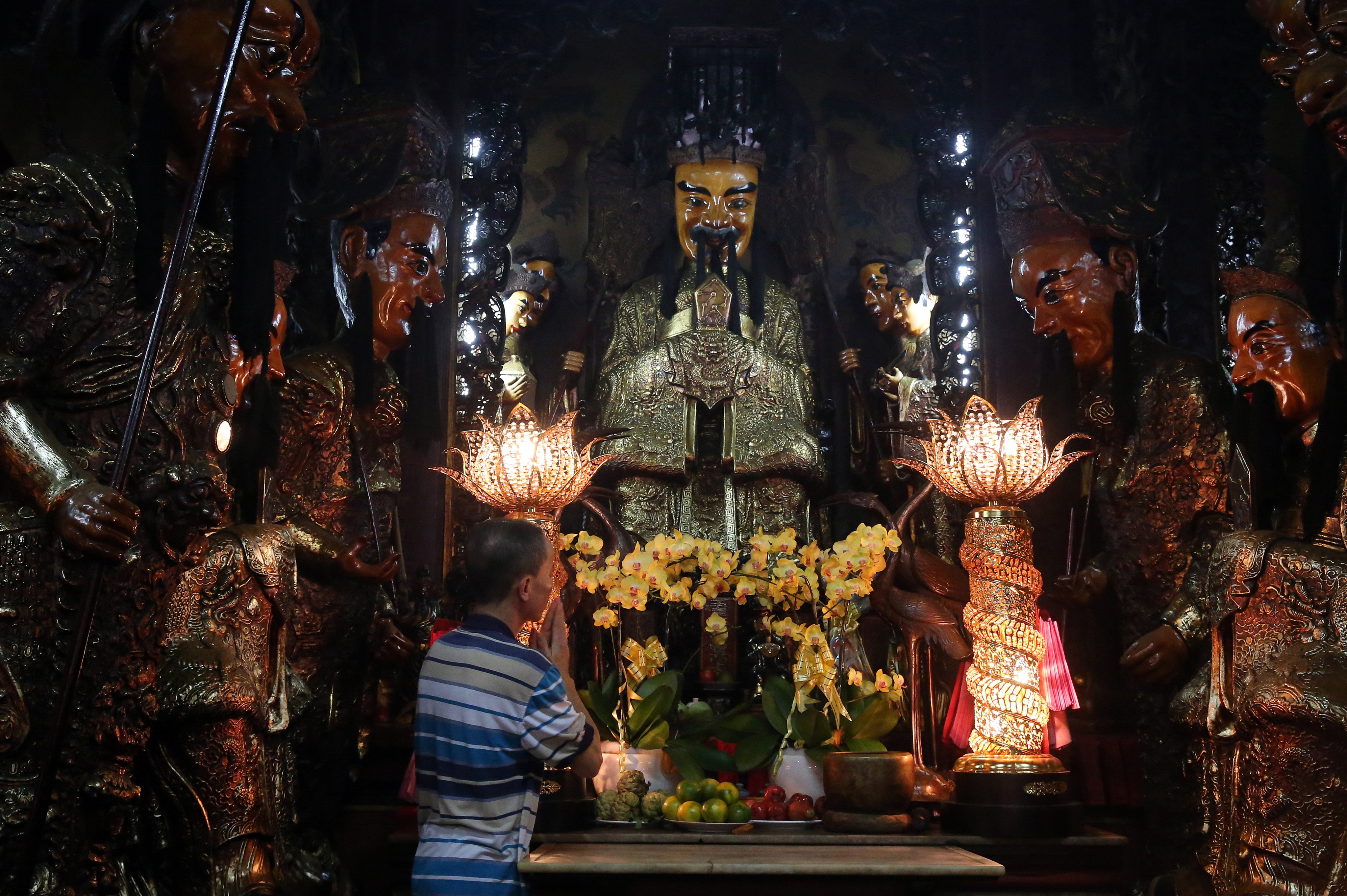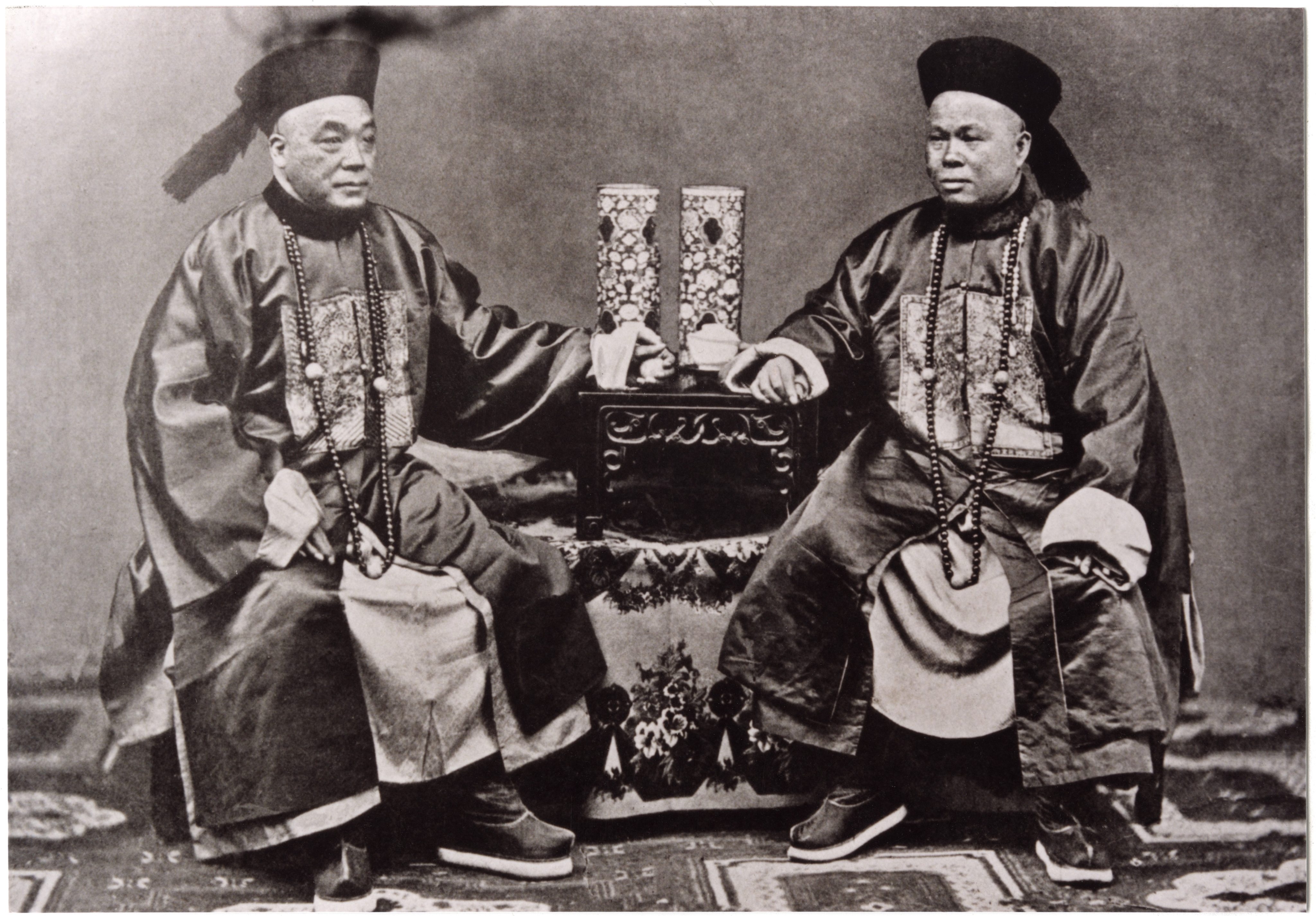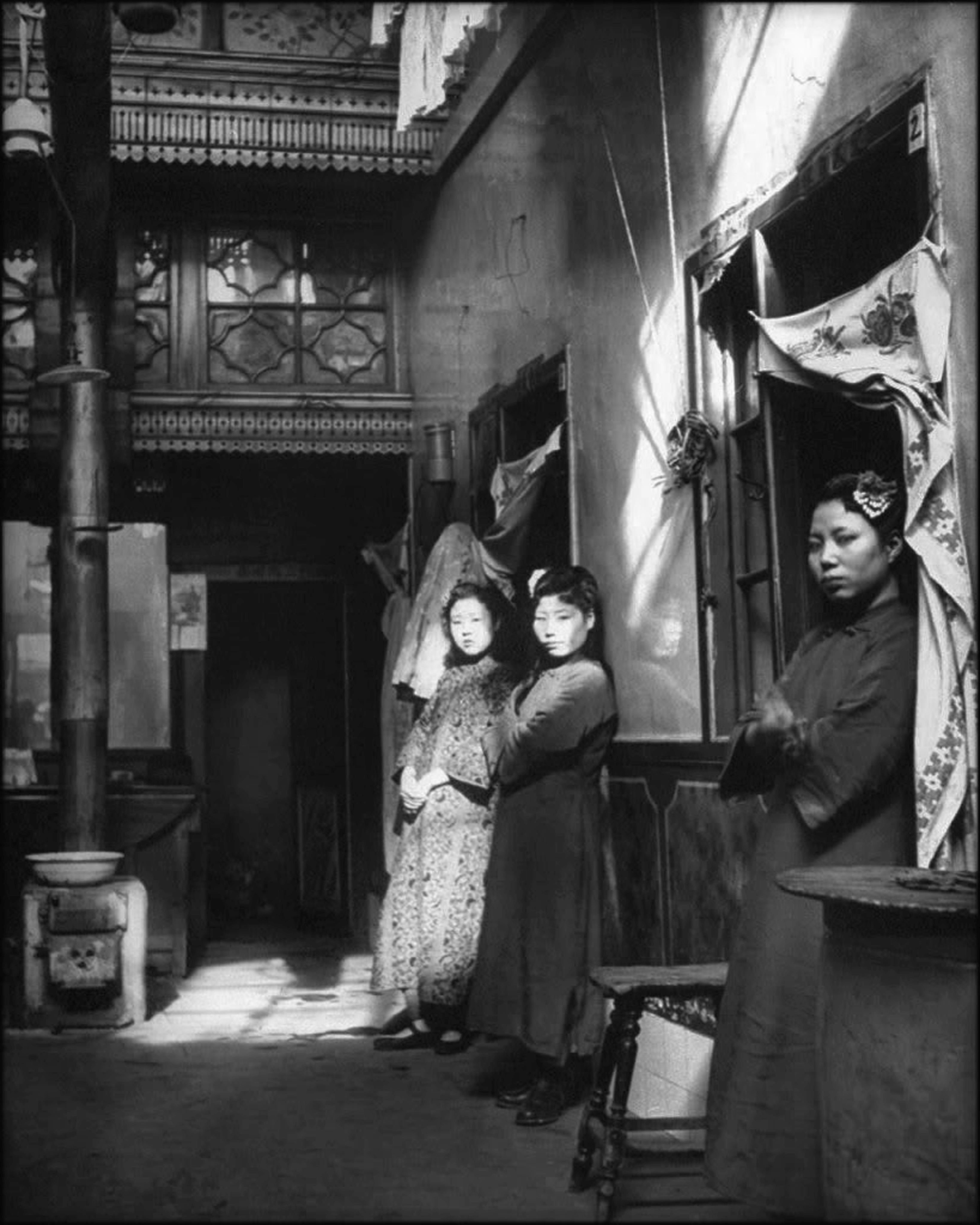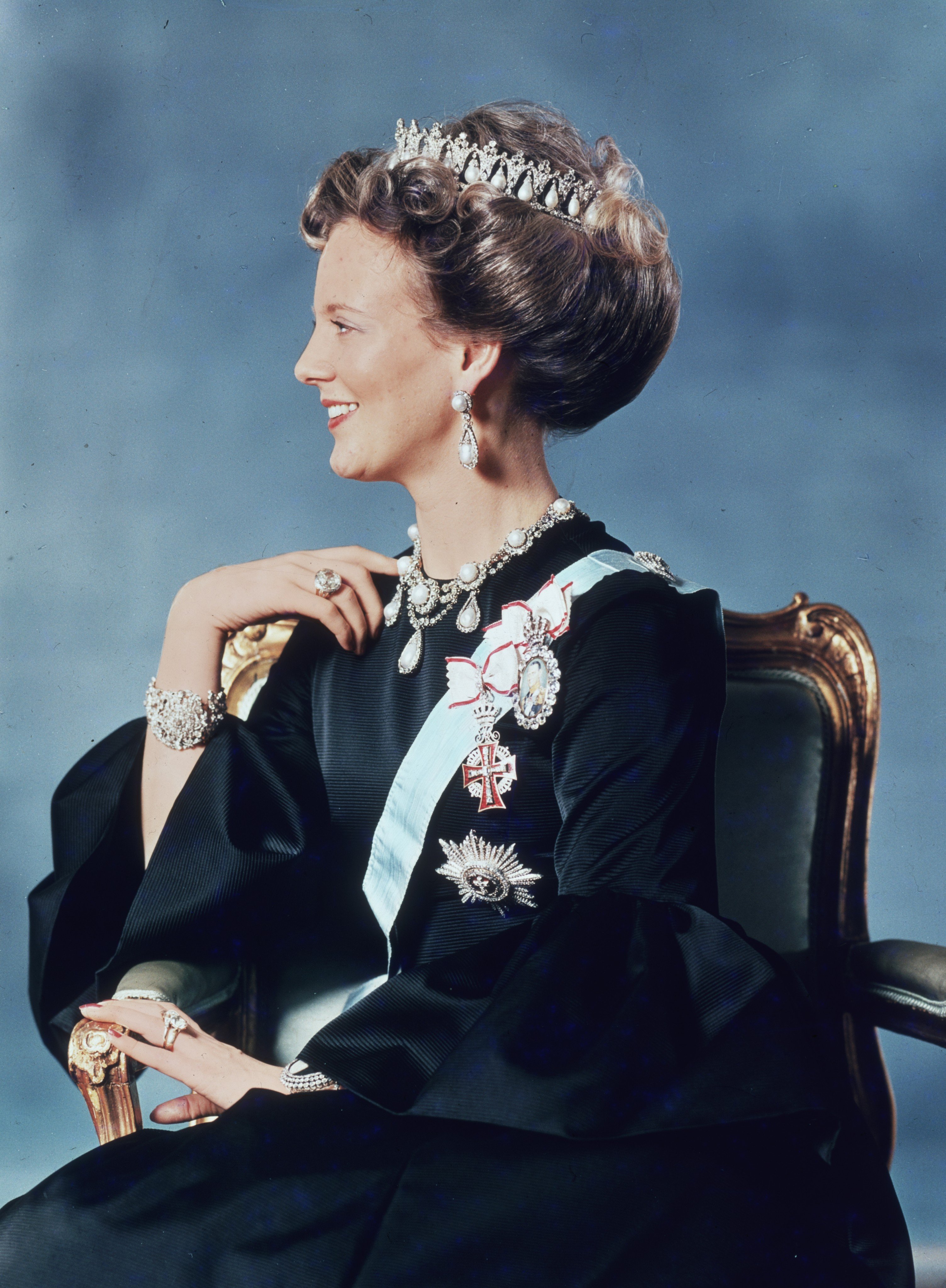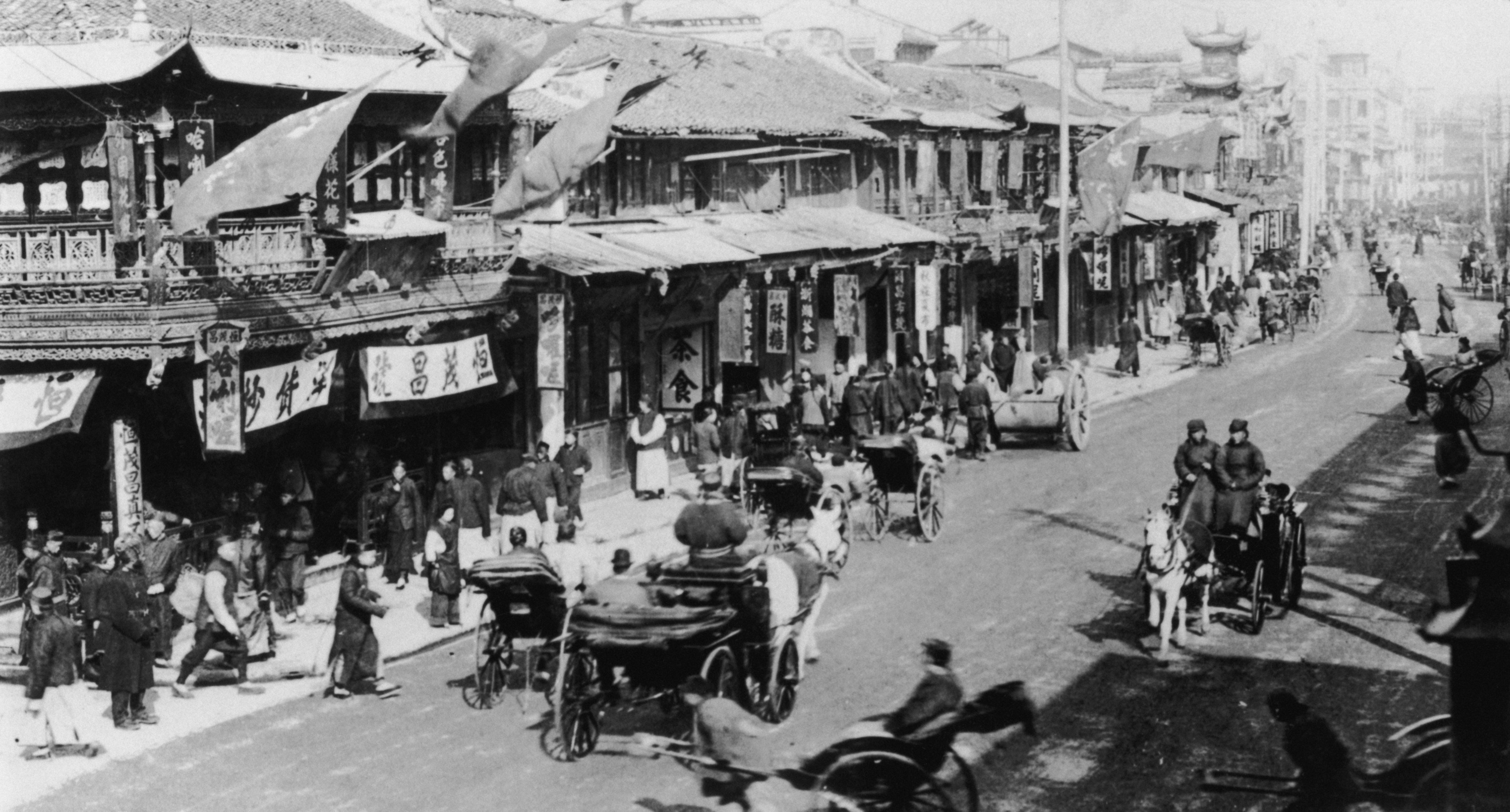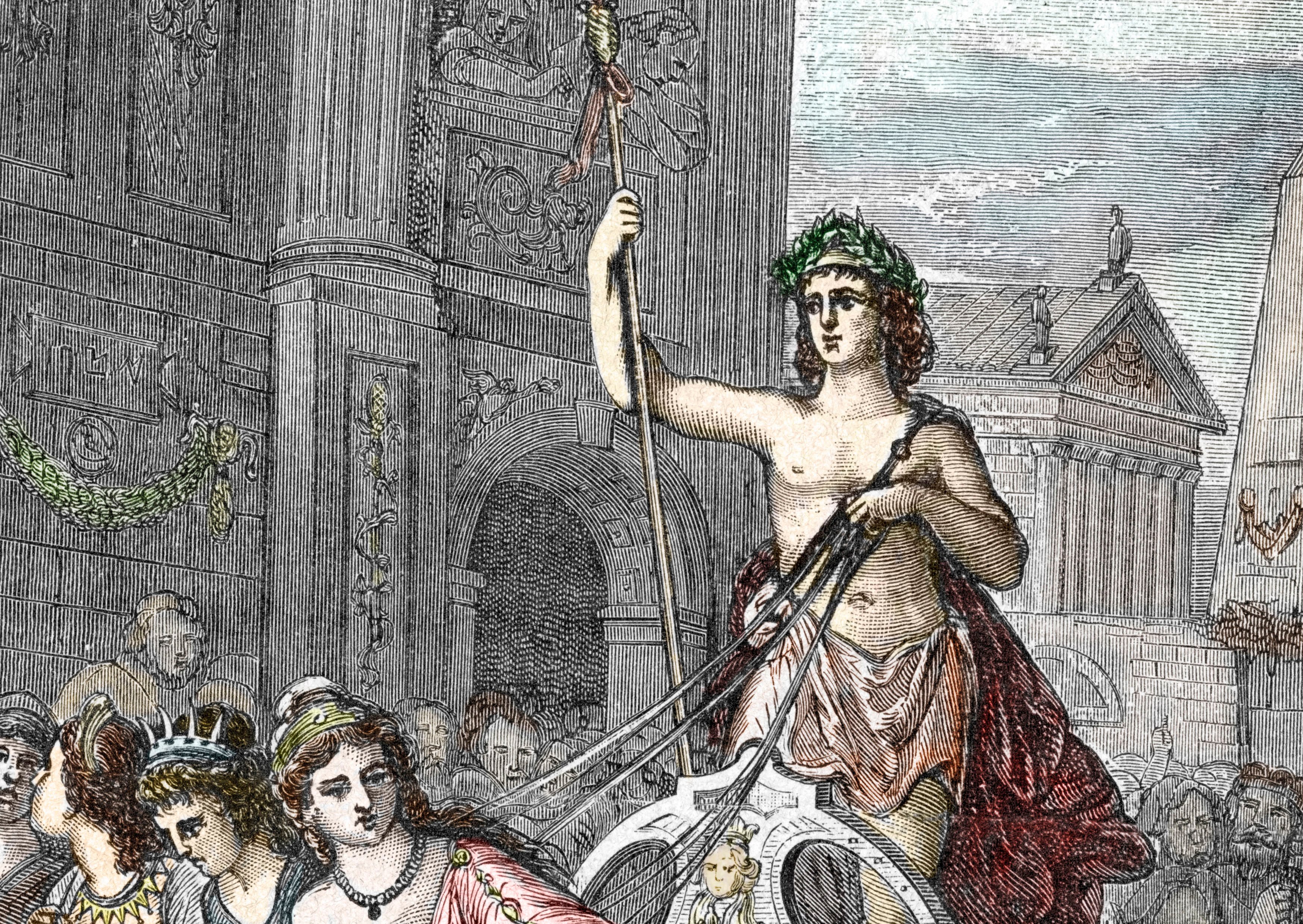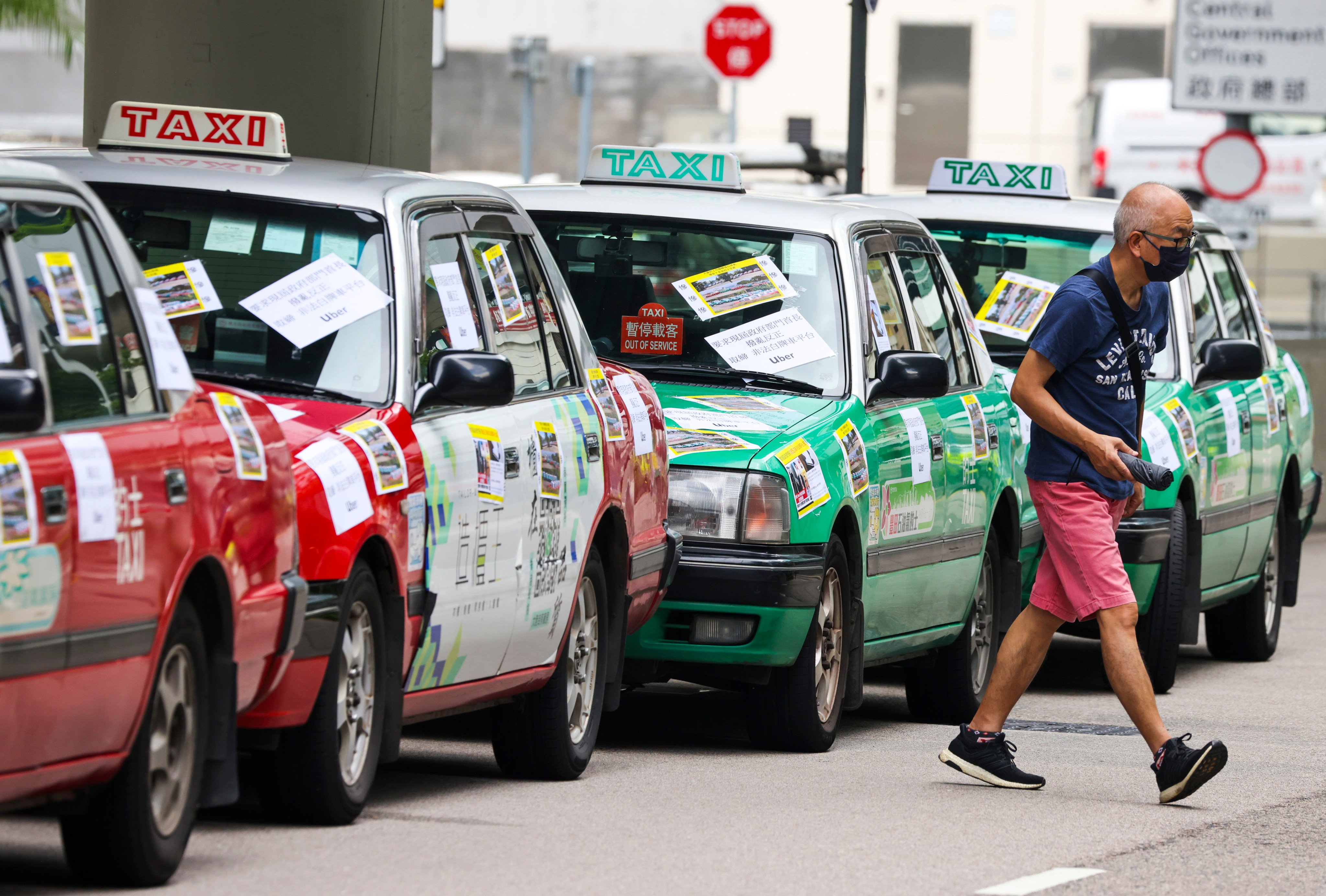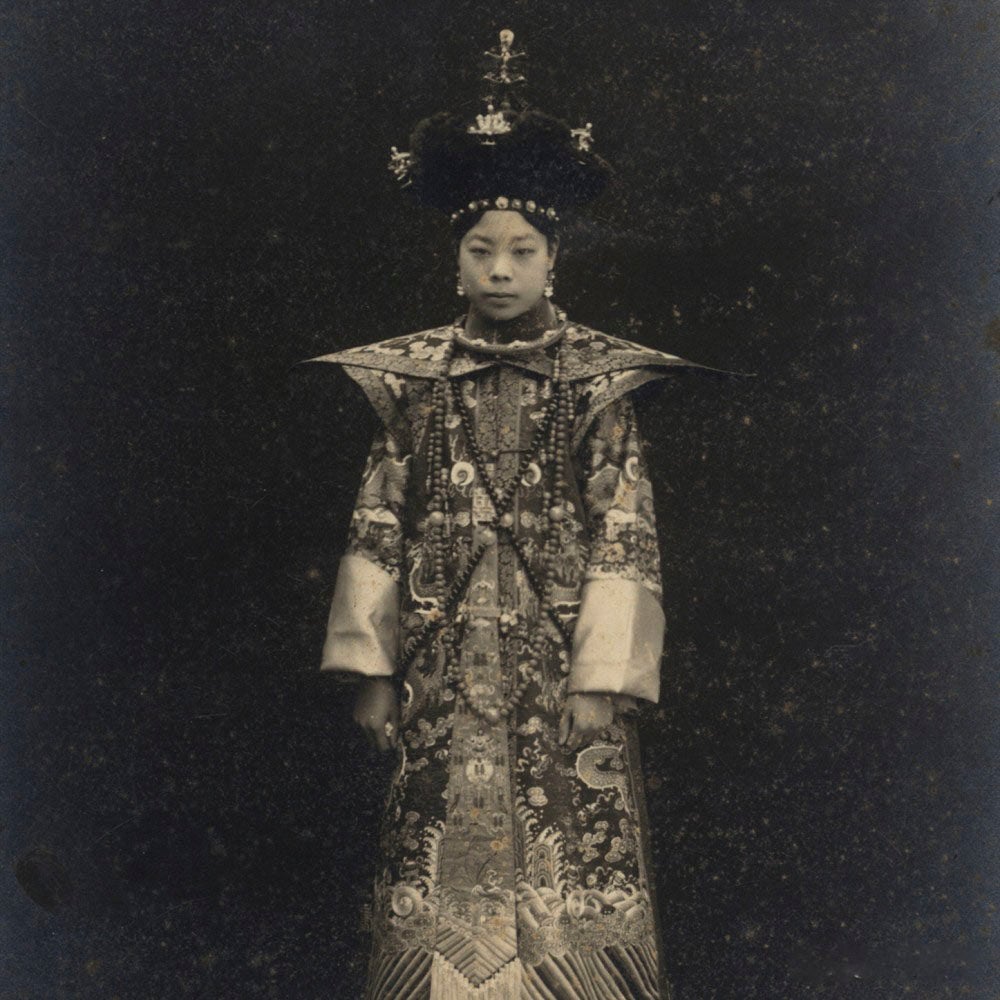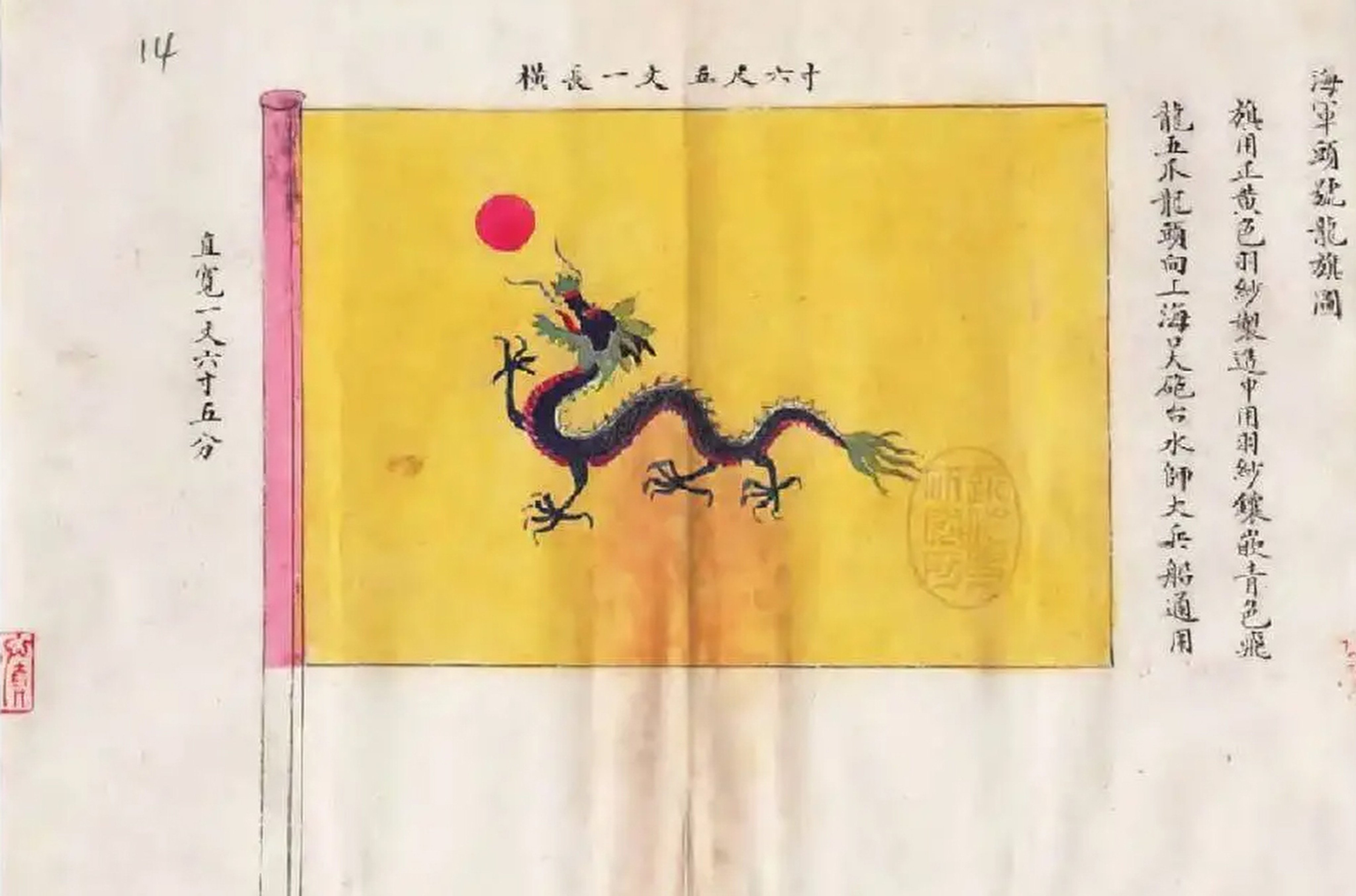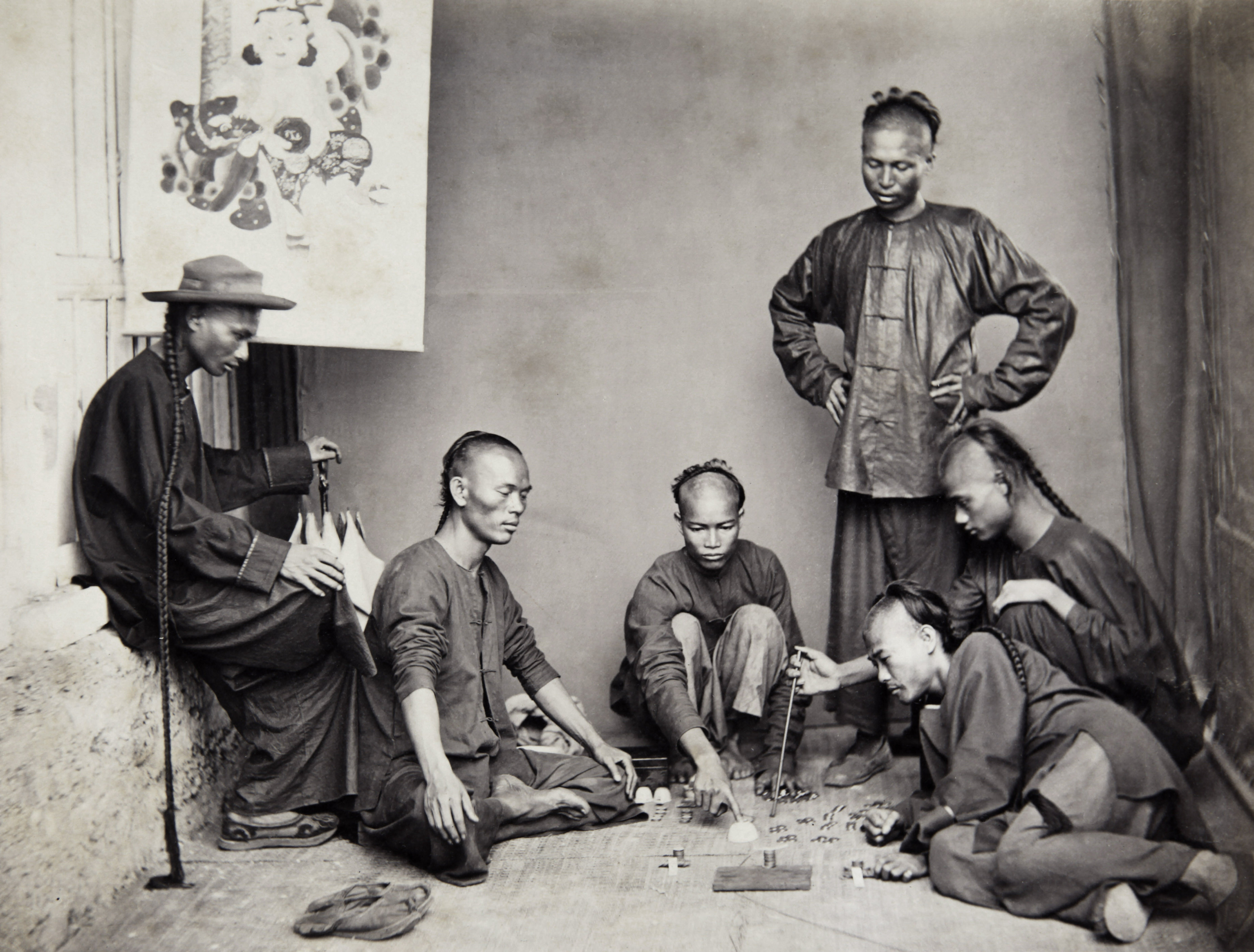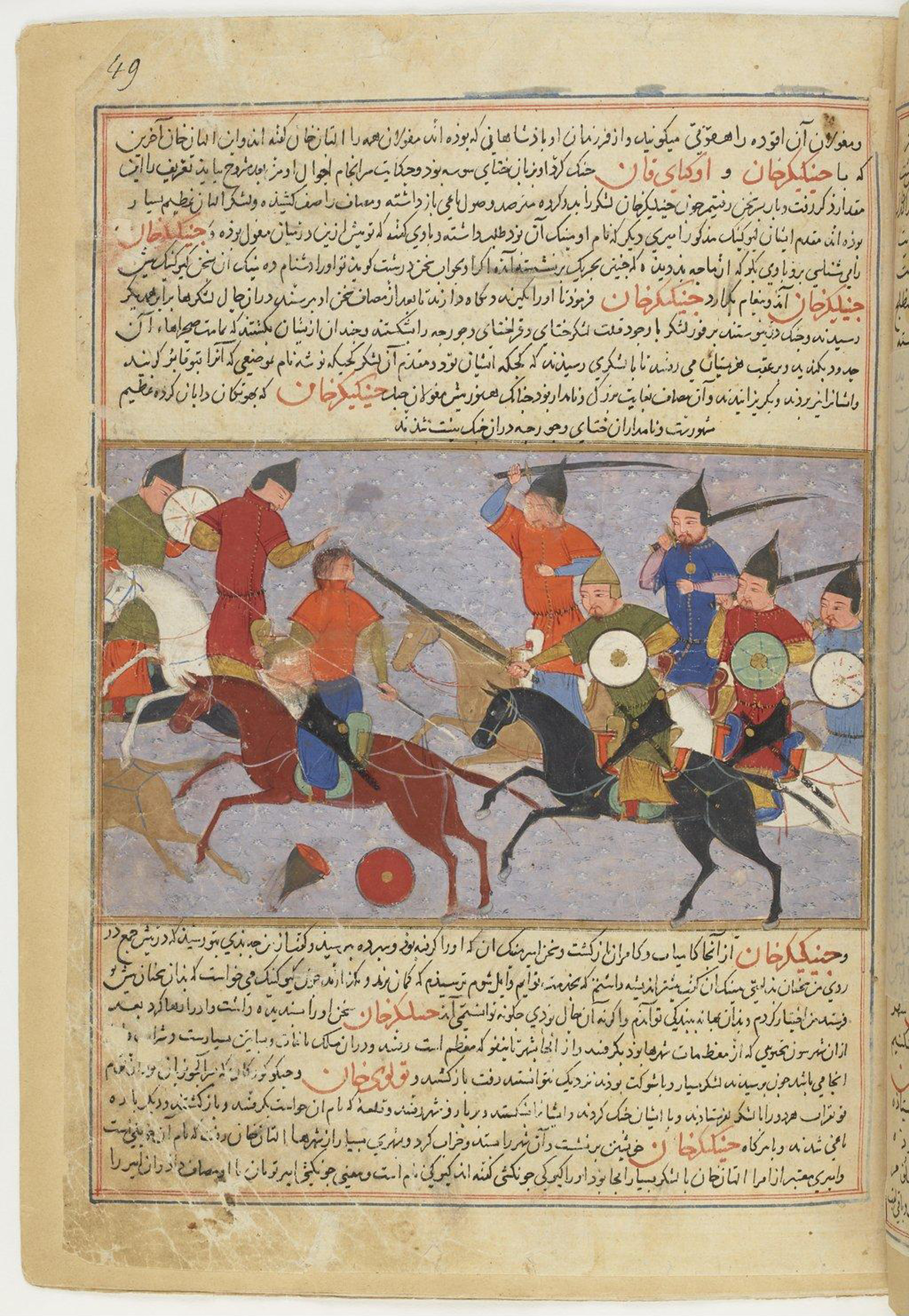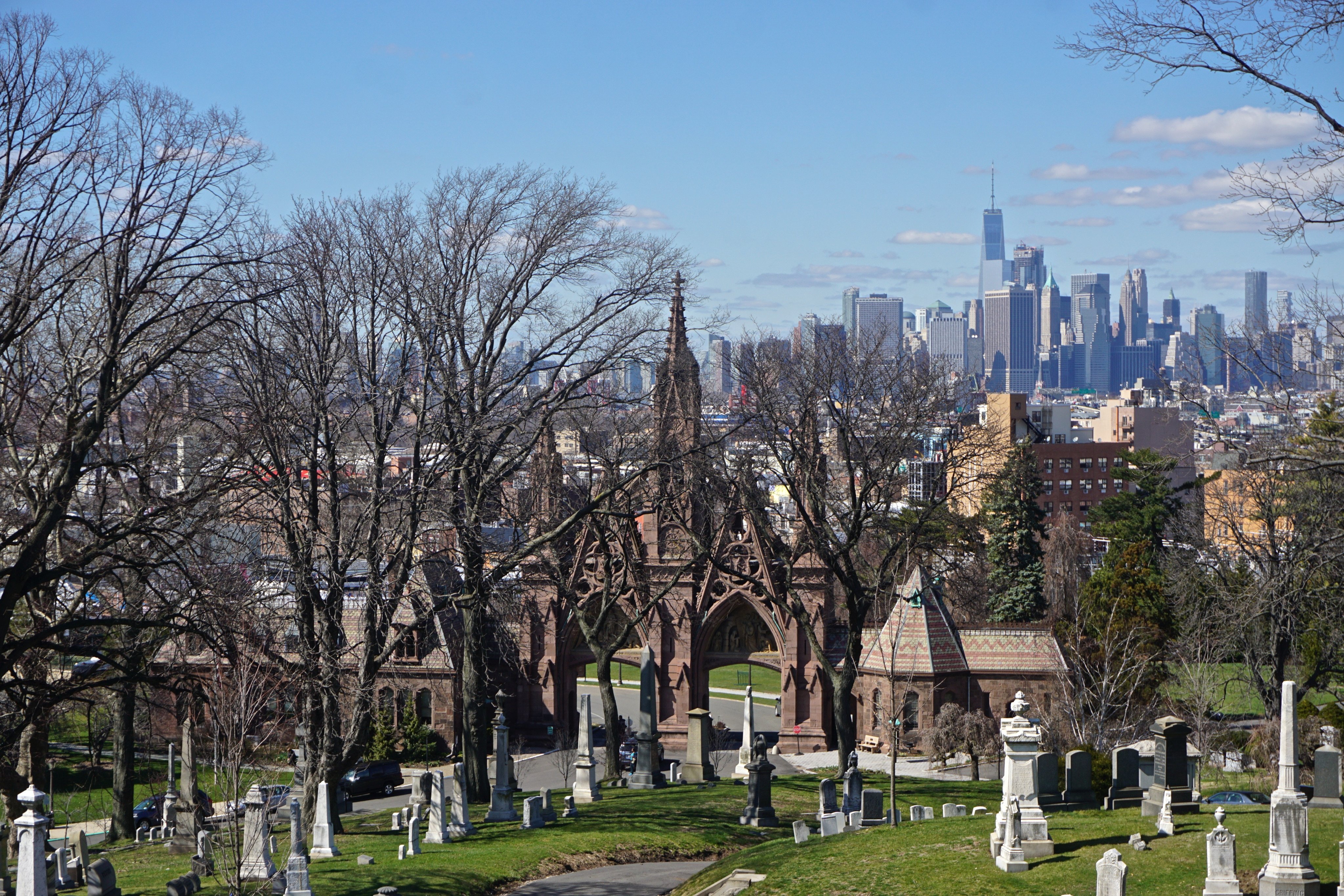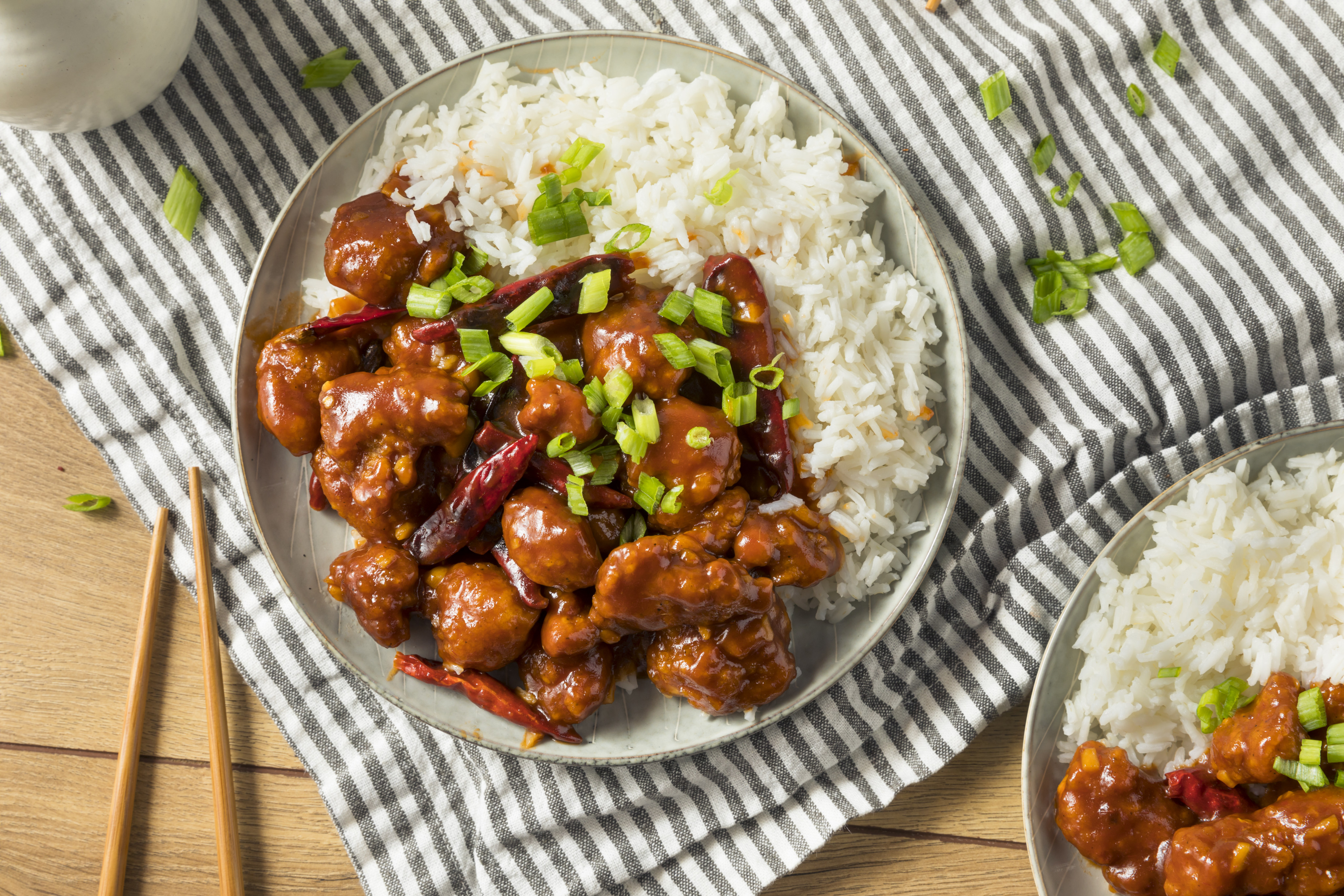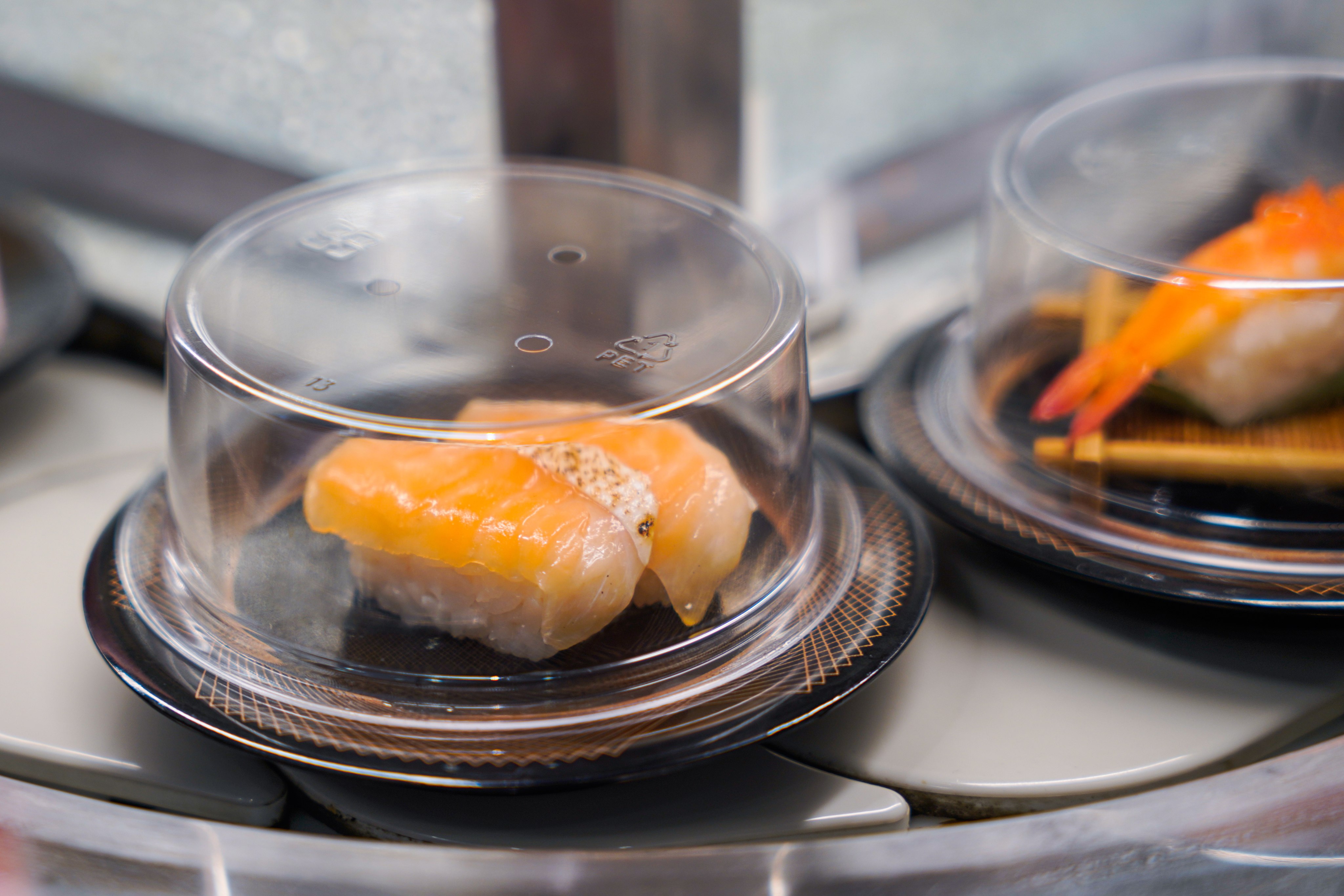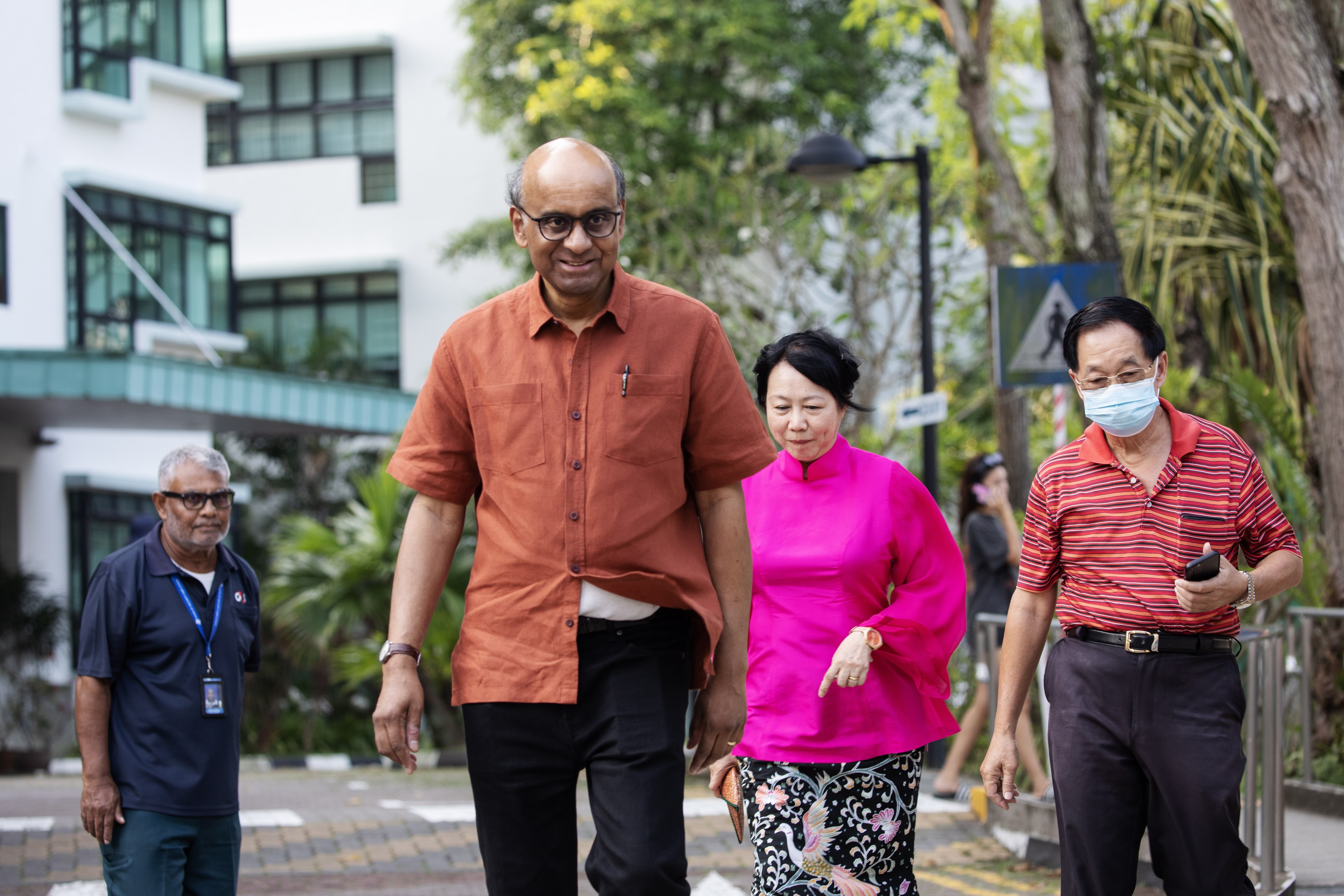
Soba and soumen wheat noodles are my preferred Japanese varieties, but after eating udon on a visit to Kagawa in Shikoku, especially the local Sanuki udon, I was won over by their chewiness.
The collapse of Baltimore’s Francis Scott Key Bridge showed how vulnerable modern bridges can be. China’s Marco Polo Bridge has stood the test of time, and has been the scene of historically important events.
Why power plugs and sockets are not standardised worldwide is anyone’s guess. China’s First Emperor was all about standardisation – he introduced the universal Chinese writing system used to this day.
The practice of burying the dead with funerary objects began in China over 3,000 years ago. At first of bronze or clay, they were superseded by ceramic ‘sancai’ wares. Today these are coveted as ornaments.
Eyebrow cosmetics were widely used in ancient China, where women drew eyebrows shaped like feathers, tadpoles, daggers, even fat silkworm cocoons according to the fashions of their time.
Royal pardons have hit the news recently after those granted to Malaysia’s ex-prime minister Najib Razak and former Thai premier Thaksin Shinawatra. In ancient China, they were all about ‘good optics’.
Only one singer in ancient China could generate a buzz like that felt in Singapore ahead of Taylor Swift’s March concerts – Yongxin, who enchanted an emperor and a city before losing everything.
Two language-related controversies mark this year’s Lunar New Year, one of which is using the word ‘dragon’ to translate lóng or loong in Chinese, as if the animal is a Chinese copy of a Western original.
For people from Fujian and other parts of southeast China, the ninth day of Chinese New Year is a day to worship the Jade Emperor, or Lord of Heaven. Many do so with long stalks of sugar cane.
Corruption charges against Singapore’s former transport minister call into question the efficacy of paying public servants high salaries. The practice didn’t make those in imperial China honest, after all.
Ancient Chinese used incense as a room and clothing freshener, then liquid perfumes arrived from the Middle East around 1,000 years ago. Modern China fell in love with Florida Water in the 20th century.
Malaysian government ministers rejected a suggestion male foreigners be allowed sex workers, but in ancient China sex workers were recognised and divided into six categories.
Around two dozen kings or emperors abdicated during China’s monarchical rule, some voluntarily like Denmark’s Queen Margrethe II – most famously the Qianlong Emperor – and others decidedly less so.
Traffic regulations came about in ancient China as large cities emerged; unlawful speeding on horseback could get one flogged, youth gave way to the old, and the nobles always had right of way.
Reports of Roman emperor Elagabalus begging to undergo gender transition and Chinese emperor Ming of the Wei dynasty wearing feminine fashions show why we should sometimes question historical accounts.
Uber and its like are still illegal in Hong Kong, where a politically connected taxi cartel seeks a clampdown on ride hailing rather than modernising to compete, and rogue cabbies rip off passengers.
Sikh separatist demands for a homeland have become widely known since the murder of one and bid to kill another in North America. Sun Yat-sen’s kidnap in London did the same for Chinese revolutionaries.
Erdet Wenxiu was 12 when she was chosen as the secondary wife of Aisin Gioro Puyi. Scorned, she served him divorce papers, became a teacher, then an editor – and was buried in a pauper’s grave in 1953.
China lacked a national flag until the Qing dynasty launched its Yellow Dragon standard. A design with 5 horizontal bands followed, then the version still flown in Taiwan, before the Red Flag.
People will place a wager on almost anything, and Chinese people especially. Hence the harsh punishments emperors meted out for gamblers – which for several centuries included beheading.
Centuries ago across northern China’s borders, Jurchens and Mongols were sworn enemies. Eventually war came, and the leaders of one side were annihilated – but at a calamitous cost. Sound familiar?
Fentanyl addiction is a problem in America today. The ancient Chinese abused a drug called five-rock powder that produced feelings of euphoria – and side effects that left some users looking like ghosts.
Chung Yeung, the Chinese holiday also known as Chongyang or the Double Ninth Festival, falls on October 23 in 2023. We look at its roots, how it’s observed – if it all – and why many don’t know about it.
Seeing New York’s Green-Wood Cemetery reminds our columnist of the world’s oldest working graveyard where Confucius is entombed, and of why he wants to be cremated and his ashes scattered.
A Jewish community has existed in the Chinese city of Kaifeng, in Henan province, for centuries, with one of the earliest mentions in history pointing to the construction of a synagogue in 1163.
Self-appointed guardians of the purity of Chinese food disparage innovations such as Chinese-American food. They forget the Chinese diet has for millennia co-opted foreign ingredients such as chilli peppers.
Pockets concealed in sleeves, bags similar to modern-day bumbags, pouches that dangled from the belt – the ancient Chinese had plenty of ways of carrying cash and other small objects.
Seafood contains parasites, bacteria, heavy metals and microplastics. Consider that when weighing Japan’s release of contaminated water from the Fukushima nuclear power plant into the Pacific Ocean.
Tharman Shanmugaratnam became the first South Asian to win a contested presidential poll in Singapore, a propitious milestone with echoes in 7th century China, where, unusually, foreigners held high office.
Netflix series Painkiller, with Matthew Broderick, dramatises the devastating opioid crisis in the United States. In the 1800s, China experienced a similar epidemic thanks to opium exported by British India.

